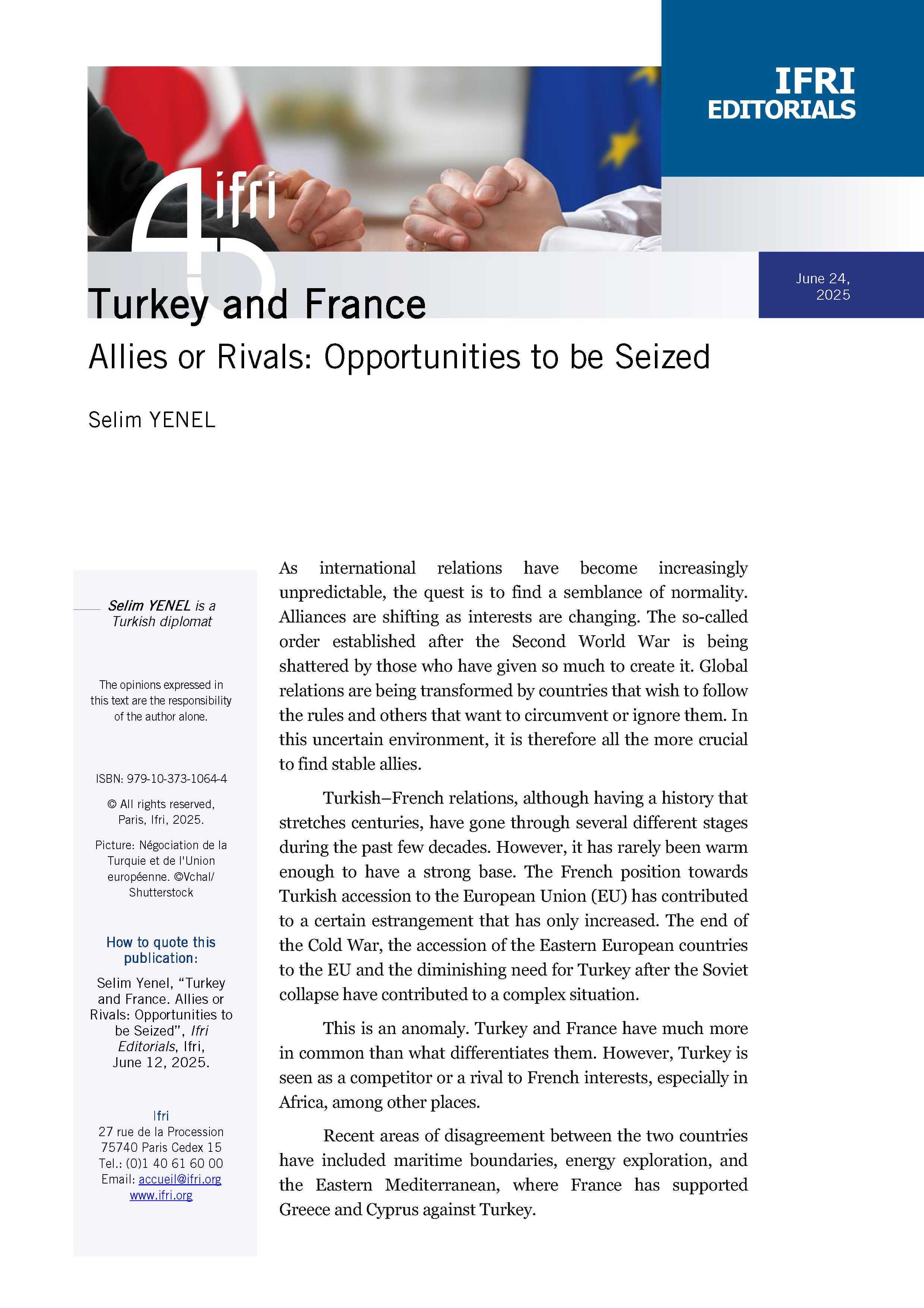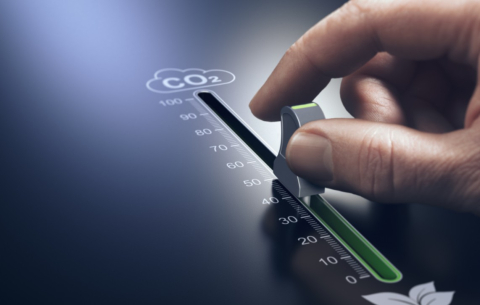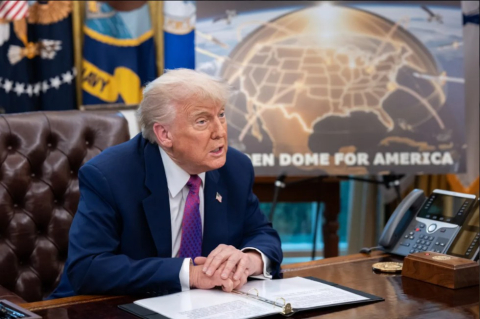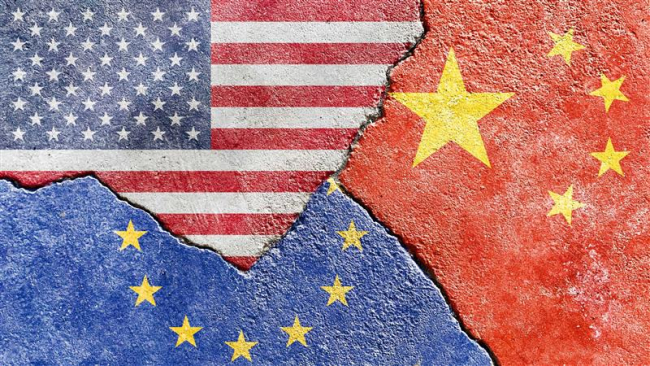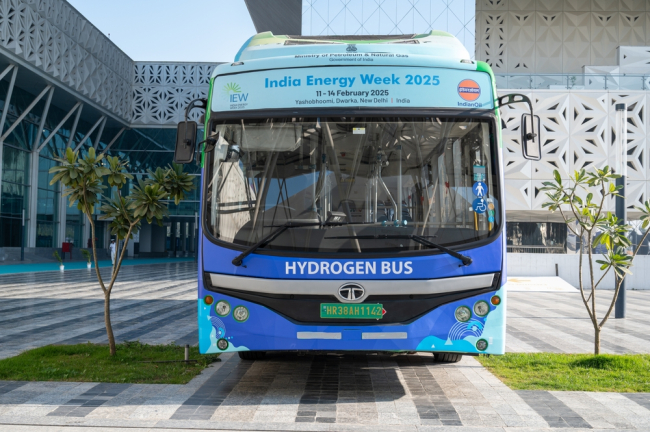Najib Razak’s Malaysia: A solid economy on a foundation of political tension
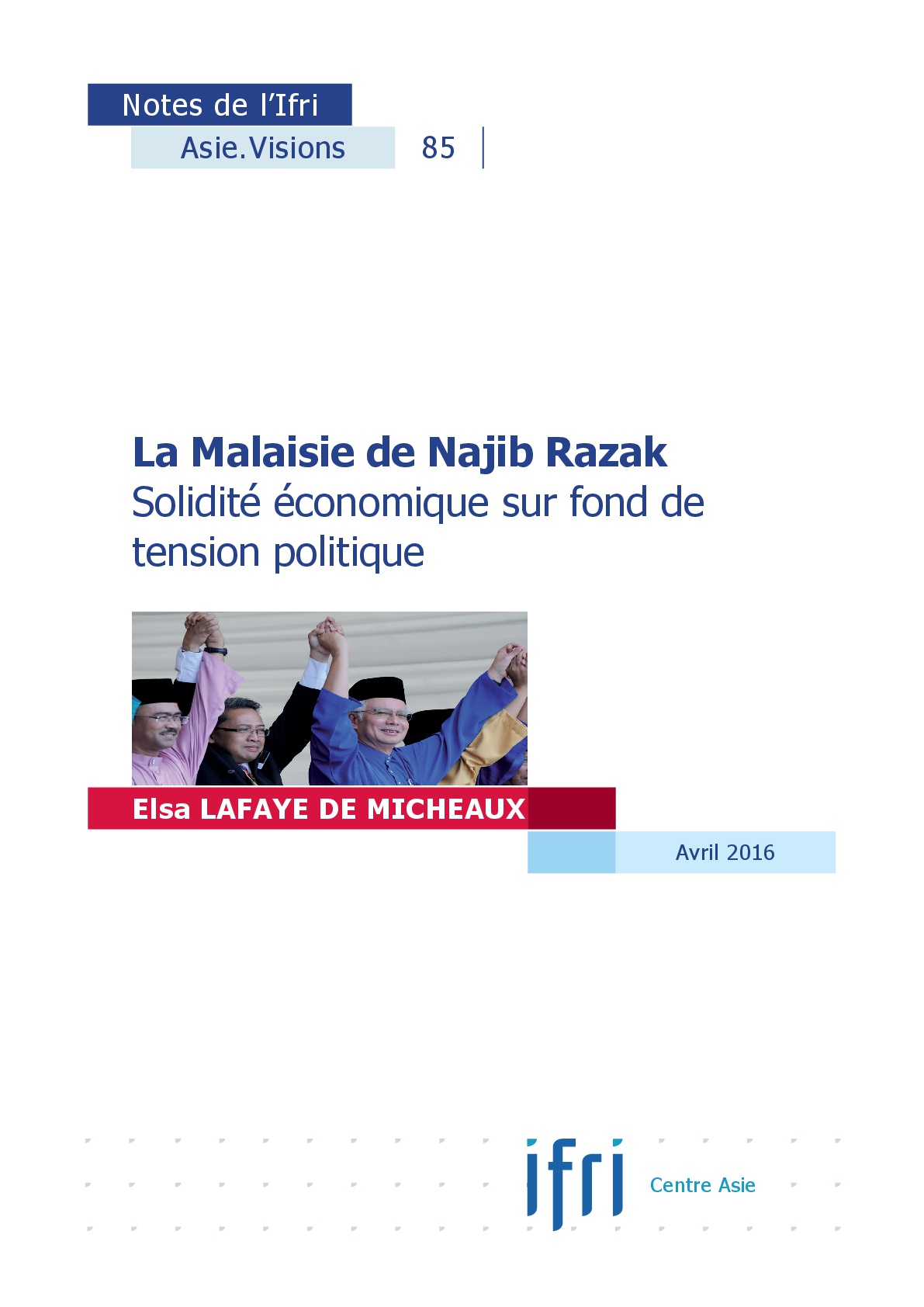
Najib Razak began his term as Prime Minister of Malaysia in 2009 amidst a severe global economic crisis, concern over spiraling public debt and fears the country would fall into the ominous “middle income trap”.
Uncertainties abounded over the direction of the national economy, and in particular its capacity to face challenges associated with a significant opening-up and the strong power of the state, which itself was highly dependent on oil rents. But thanks to China, which has become Malaysia’s first trading partner, growth rebounded in 2010.
Accompanying the launch of the tenth five year plan, the government introduced a new economic model from 2011 and embarked upon a set of economic and bureaucratic reforms (Economic Transformation Program 2011-2020) in order to bring Malaysia up to the rank a fully developed country by 2020. Najib Razak also announced the implementation of a post-racial social policy (1Malaysia) and important reforms in the field of freedoms and fundamental rights.
But 2013 marked a turning point in the field of human rights, democracy and national harmony in this multi-ethnic and multi-religious country with a Muslim majority. Following the thirteenth general elections, the Barisan National coalition dominated by Najib’s Malay party (United Malaysian National Organization - UMNO) managed to hold on to power thanks to an ultra-favorable mapping of electoral districts, while the opposition won 51 % of the popular vote. In this tense political context, structural reforms would be pursued, leading to an economic consolidation and a rebalancing in terms of partners, industrial sectors, investments and role of domestic demand compared to external demand. However, political and democratic opening would be stopped. The financial scandal 1MDB, revealed on the international scene by the Wall Street Journal in the summer of 2015, led Najib Razak to harden his stance and pursue unprecedented political tightening in order to reassert his authority. If the national economy seems to be put on the right track and able to withstand to the drop in the oil prices and to the Chinese economic slowdown, parliamentary democracy and the political and social climate have been considerably degraded compared to the term of Najib’s predecessor, Abdullah Badawi.
Related centers and programs
Discover our other research centers and programsFind out more
Discover all our analysesQuest for Strategic Autonomy? Europe Grapples with the US - China Rivalry
Building on the 2020 European Think Tank Network on China (ETNC) report, which assessed Europe’s positioning amid the strategic rivalry between the United States and China, this edition re-examines the geopolitical landscape in light of the Covid-19 pandemic, Russia’s war in Ukraine and Donald Trump’s return to the White House. This report features 22 national chapters and one dedicated to the EU, analysing the evolution of Europe’s relations with Washington and Beijing, the range of approaches to dealing the US-China rivalry and how these are expected to evolve.

France seeks third way between US and China in Southeast Asia
The French leader sent a message of partnership but gave few concrete details on sustained engagement plans.
Mid-term Elections in the Philippines: The Clan War Reaches New Heights
Three years after the last general and presidential elections, Filipino voters once again went to the polls on May 12, 2025, to elect their municipal and parliamentary representatives.
India’s Green Hydrogen Strategy in Action: Policy Actions, Market Insights, and Global Opportunities
India is poised to remain the world’s fastest-growing major economy, and this rapid growth is driving a sharp rise in energy demand. As the most populous country on the planet, India urgently needs to decarbonize its energy systems.


